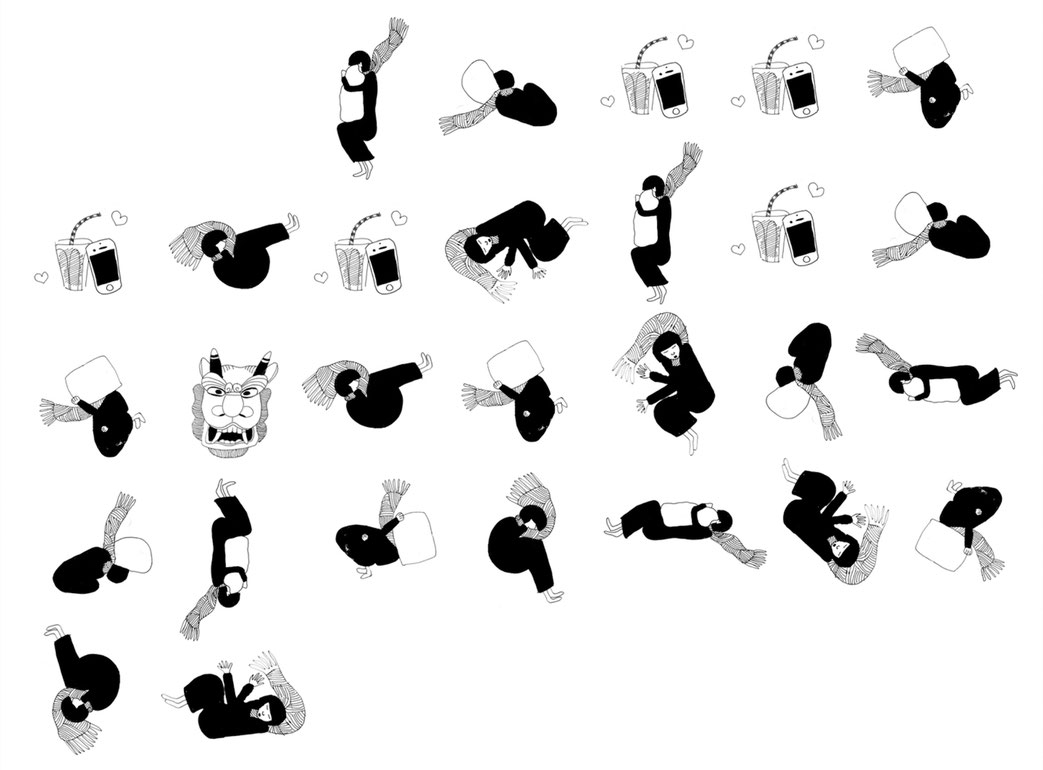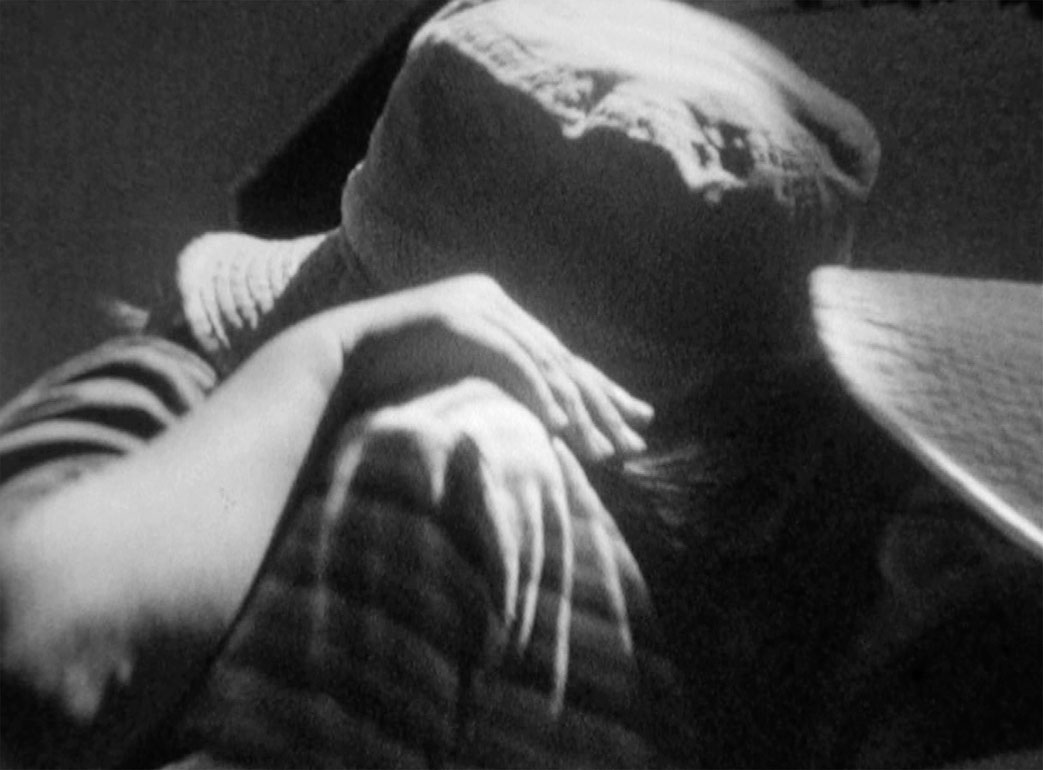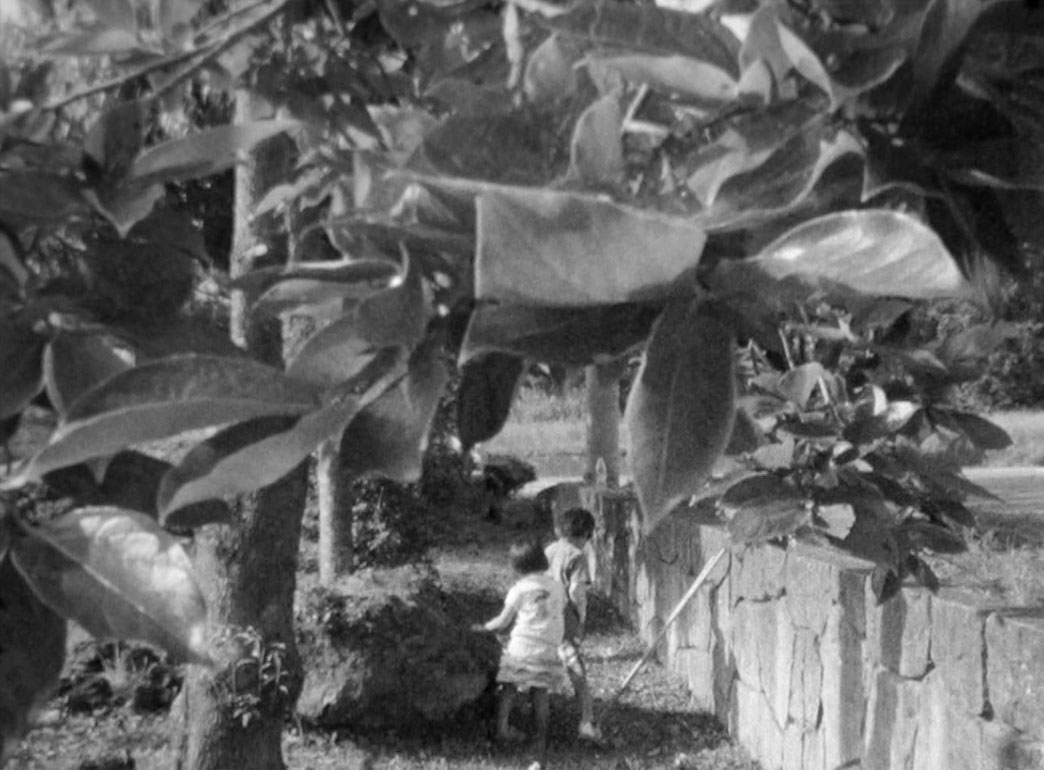Winter Bees
Film as means of self-interrogation: Josephine Ahnelt lived 13 months in Japan. In Winter Bees, she speaks over the course of 13 chapters on a very personal level about her life and work in a foreign country with its unfamiliar culture.
The soundtrack plays back a Skype conversation between two women and is reminiscent of a therapy setting – one of the women is the filmmaker herself. They talk about romantic troubles, psychological states, and discuss the artist´s work on the film we are watching.
The interdependence of life and art threads through their conversations. How does one deal with the vulnerability that arises from being unwilling to compromise and revealing oneself to an audience? What influence does life have on artmaking and which parts of private life become the object of artistic examination? The film´s imagery relates to the spoken word on an associative level, showing everyday scenes and people – mainly in black and white, with occasional flashes of motifs in color. The materiality of Super 8 establishes a special sense of intimacy to what is being filmed, reminiscent of home movies – it is as if these are images of family. Children at play are often seen and people smiling into the camera, street scenes, urban landscapes and nature. In certain moments, the filmmaker shows herself. At one point she cries, at another she looks into the camera held by a child. A toying with the filmic gaze and the refusal to be seen continually emerges, and can be read as a commentary on the customs of a country in which feelings and affection are not publicly displayed.
The 13 chapters are indicated by filigree drawings in black on white, of people and things organized into lines like letters or graphic characters – like diary entries in pictures: an alphabet of questions and doubts, the high and low points of a certain stage in the filmmaker´s life.
(Andrea Pollach)
Translation: Eve Heller
Winter Bienen
2018
Austria
14 min



